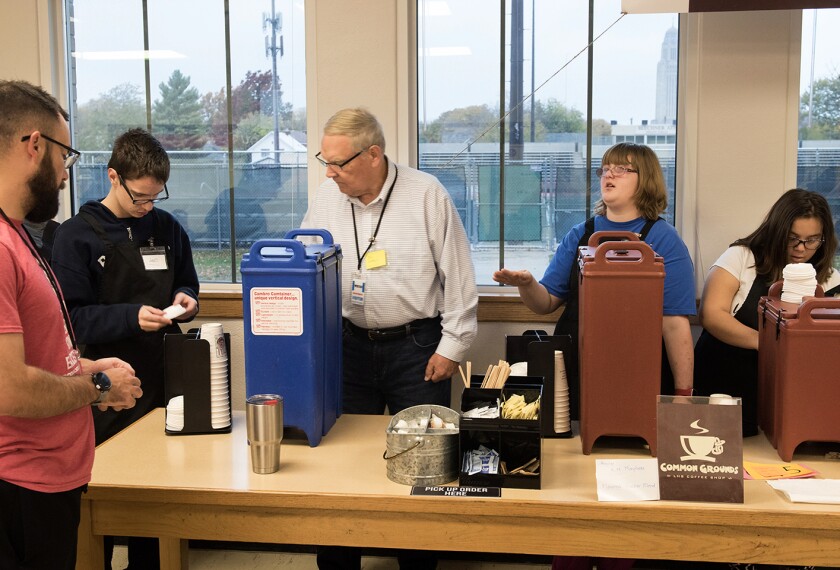Changes in technology have had a dramatic effect on how children who are deaf or hard of hearing are taught, according to a report from Project Forum at the National Association of State Directors of Special Education.
The report points in particular to the use of cochlear implants, surgically implanted electronic devices that give a sense of sound for wearers. States surveyed said the device has led to:
• More acceptance of children who are deaf or hard of hearing by classroom teachers;
• The need for specific accommodations in the classroom rather than specialized instruction;
• A decrease in the number of schools for the deaf;
• Decreasing use of sign language; and
• An increased need for speech-language pathologists experienced at working with deaf and hard-of-hearing children.




